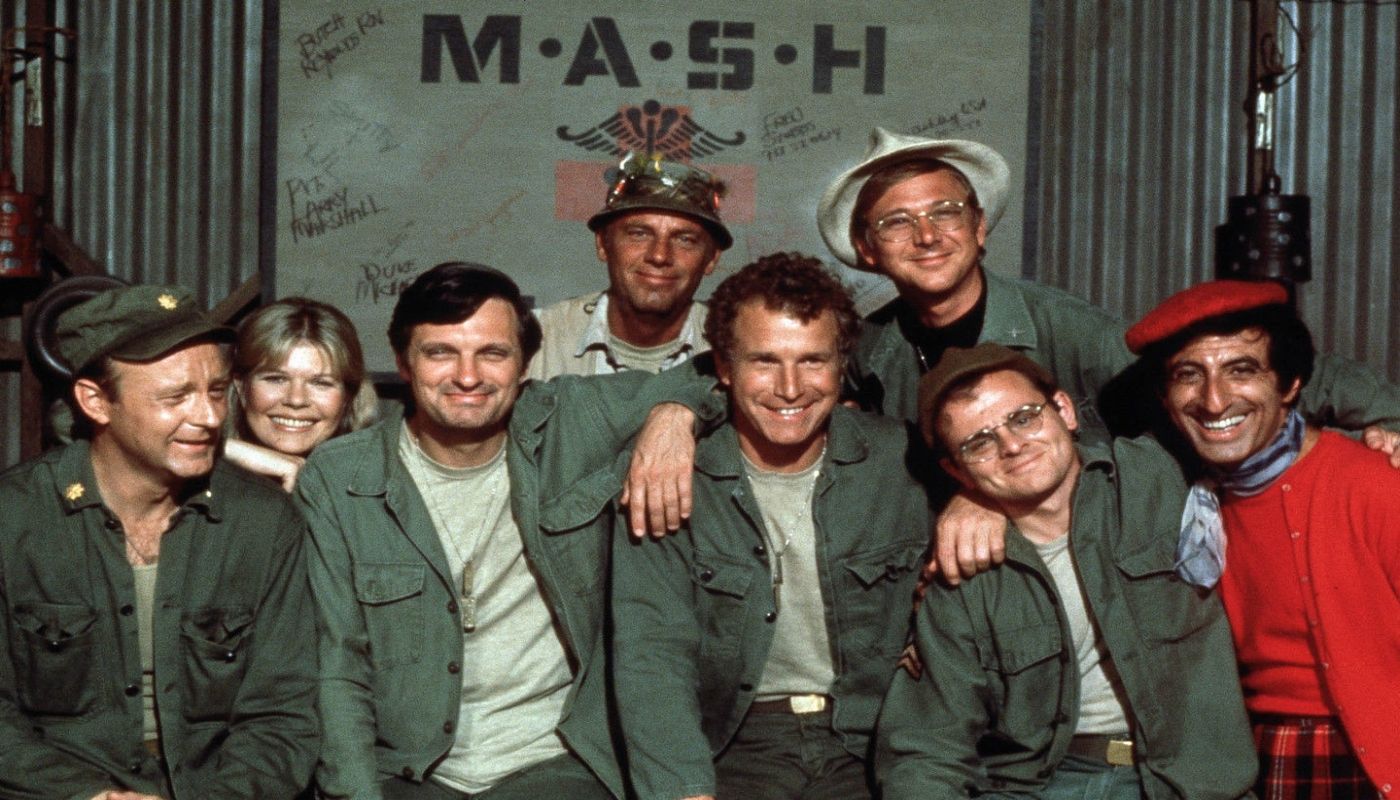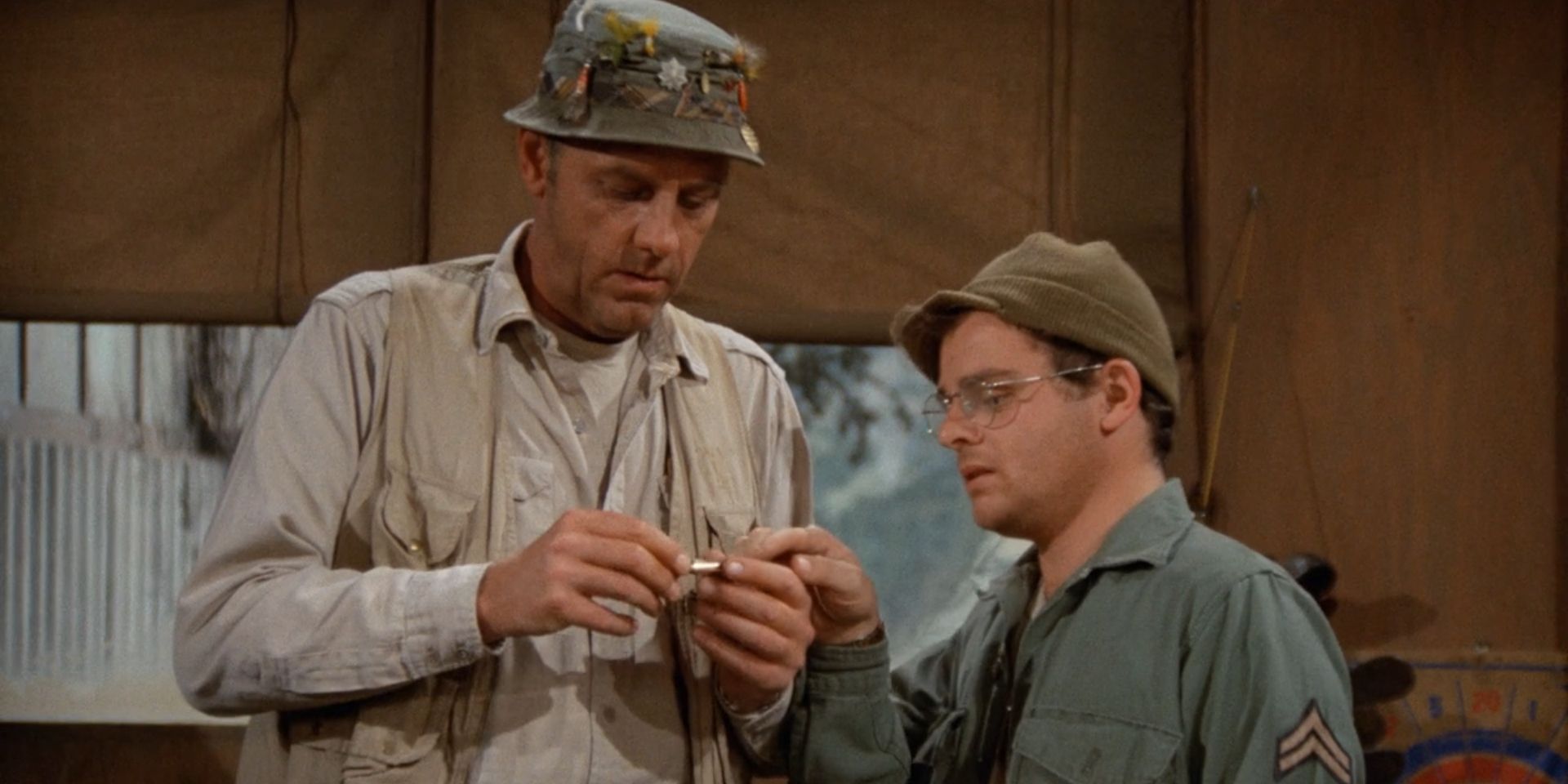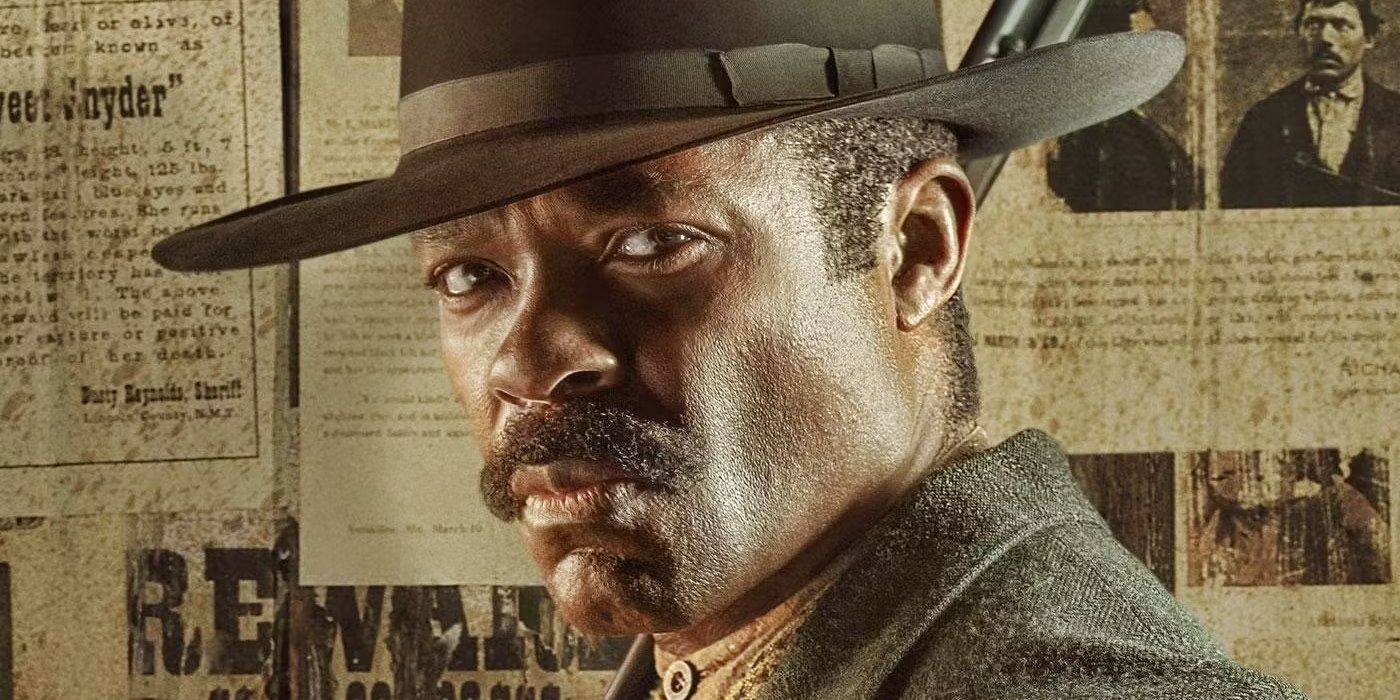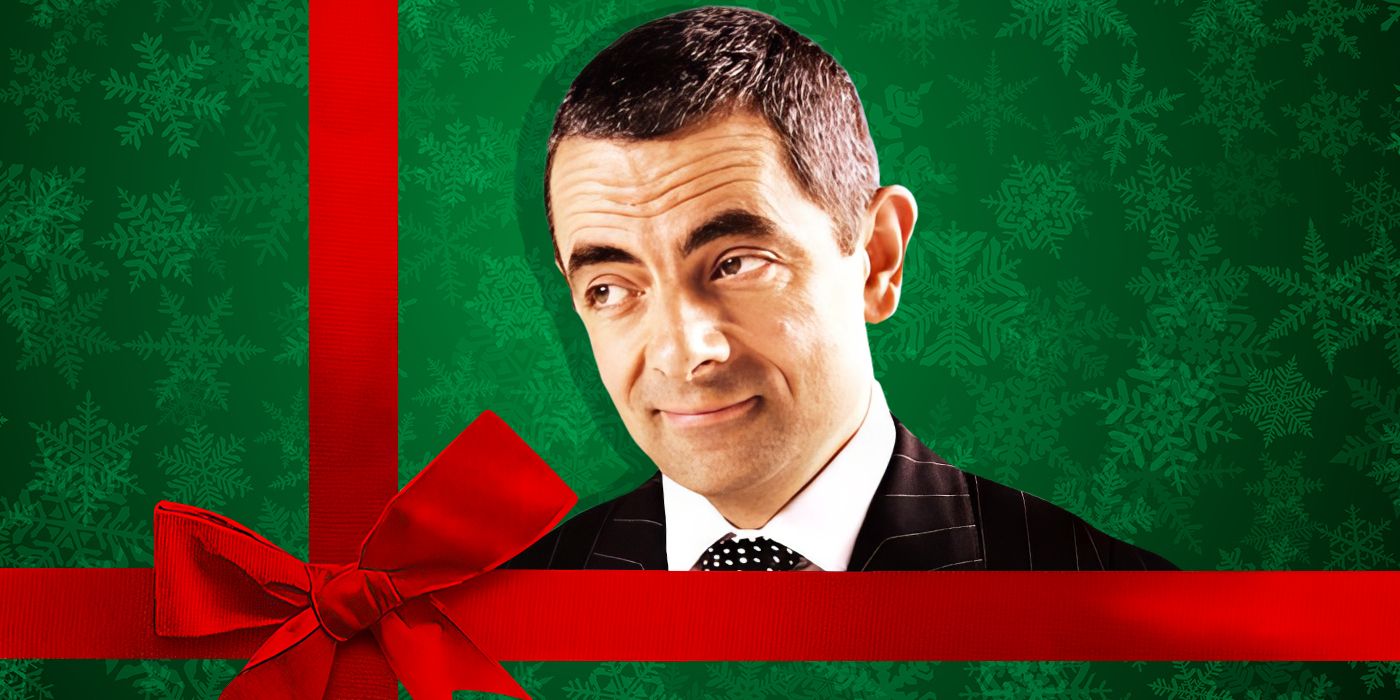The Big Picture
- “Abyssinia, Henry” was a heartbreaking episode of M*A*S*H that received massive backlash from fans due to the tragic death of Lt. Colonel Henry Blake.
- The episode showcased the storytelling power of M*A*S*H in attaching audiences to its beloved characters.
- Despite the backlash, “Abyssinia, Henry” remains one of the show’s best episodes and a testament to its enduring popularity.
M*A*S*H is arguably one of the greatest television shows of all time, but its fans haven’t always been so happy with the daring decisions the show has made. It’s a comedic drama with some episodes leaning one way, and others leaning the complete opposite. Of all the episodes that have favored the dramatic over the comedic, “Abyssinia, Henry” just might be the one to have hit fans the hardest. Not only that, this episode hit viewers so hard that the showrunners and network behind M*A*S*H received backlash, unlike any other period in the show’s history. Looking at “Abyssinia” aside from the heat that it took upon airing, more than anything, it’s one of the truest testaments to the storytelling power that this show has in attaching audiences to its characters.
M*A*S*H
The staff of an Army hospital in the Korean War find that laughter is the best way to deal with their situation.
- Release Date
- September 17, 1972
- Creator
- Larry Gelbart
- Cast
- Alan Alda , Mike Farrell , Loretta Swit , Jamie Farr , Harry Morgan , David Ogden Stiers
- Genres
- Comedy , Drama , War
- Rating
- TV-PG
- Seasons
- 11
‘M*A*S*H’s Characters Help Make the Show Iconic
If you’ve ever watched M*A*S*H, then it probably didn’t take you long to realize how great this team was at telling stories. It’s a strange case of a show that was adapted from an already acclaimed feature-length movie, Robert Altman’s 1970 war comedy M*A*S*H, only to become more beloved than the movie that it spawned from. That film was nominated for five Academy Awards, but the show went on to be nominated for over 100 Emmys during its run, among numerous other accolades. People loved this series, and for good reason.
M*A*S*H aired from 1972 to 1983 and follows a large group of doctors and medical personnel that operate at the 4077th Mobile Army Surgical Hospital in UIjeongbu, South Korea during the Korean War. The series features a large ensemble, including Alan Alda, Wayne Rogers, Larry Linville, Loretta Swit, and McLean Stevenson, among many others. Its mixture of a strong sense of humor and a sincere dramatic narrative made it an easy show to latch on to. Because of this, few television programs have managed to win audiences over in the way that M*A*S*H did.
Its rotating main and supporting cast of characters weren’t just folks that you saw on screen. This is a show like Seinfeld or The Office; whenever you throw on M*A*S*H, you’re doing it to hang out with this particular group of people. And while the series would run for over a decade, its first few years had the most iconic cast of them all, building the show of its most beloved batch of characters, before many would be sent back home to the United States or tragically killed off.
‘M*A*S*H’s “Abyssinia, Henry” Gives One Character a Tragic Ending
For fans of M*A*S*H in 1975, “Abyssinia, Henry” wasn’t just a goodbye to one of the show’s main characters, it was a devastating ending. This was the finale for the show’s third season, and the final appearance of McLean Stevenson as Lt. Colonel Henry Blake, the unit’s commanding officer. Blake was a dynamic, sophisticated, and fun colleague that his unit could look up to. He wasn’t quite the lead character of the show (that title would obviously go to Alan Alda’s Hawkeye), but he was very beloved. So much so, that when it is announced at the beginning of “Abyssinia, Henry” that he has been honorably discharged and can return home, it’s about as bittersweet of a feeling as this show gets. You’re happy that Blake gets to return home to his family, but you’re sad to see him leave. If only audiences knew what was coming.

‘M*A*S*H’ Ending Explained: Is the War Finally Over?
It’ll make you laugh and it’ll make you cry, but that’s why we love ‘M*A*S*H.’
Soon after, Blake makes a call home to his wife and kids to inform them that he will be heading home in a few days. He starts making plans to go to the country club, saying his goodbyes, and in an oddly humorous sentimental moment, he even gives Radar (Gary Burghoff) his dad’s rectal thermometer as a token of his appreciation. The two exchange similar feelings that they will miss each other, and it really settles in — Henry Blake is leaving the show for good. As the episode goes on, the unit even throws him a goodbye party, where they give him a suit as a parting gift. When it comes time to leave, Blake’s final moments with everyone are cut short by his helicopter’s arrival. He and Radar have one last touching interaction, and he boards the helicopter for home. The episode ends in a scene that takes place soon after, with Radar entering the operating room to inform everyone that Henry Blake’s helicopter was shot down —something the actors didn’t even know would happen until right before shooting— and that there were no survivors. Man, what a gut punch.
“Abyssinia, Henry” Received a Massive Backlash from Fans
“Abyssinia, Henry” wasn’t just another fun episode of M*A*S*H that came and went, it received a backlash like no other. Had Blake just gone home at the end of it all, viewers back at home would have been sad, but it would have been a happy kind of sad. At least then, Blake would have been able to “win.” He would have been able to serve his time, then peacefully go home to his wife and kids, and celebrate with his friends at the country club like he wanted. But for his helicopter to be shot down and there be no survivors? That’s a hard pill to swallow. People around the world agreed, and sent in angry letters by the boatload. Alan Alda even recalls a time when he individually received a letter, stating “I had a letter from a man who complained that he had to console his 10-year-old son who was sobbing. But it was one of the ways for the adults in the audience to realize that another aspect of war is that things happen that you don’t expect.”
It’s a sobering moment, even by M*A*S*H standards, a series that regularly shocks its audiences with the deaths of characters. That said, it’s a valuable moment that represents the unpredictability and devastating nature of war in ways that many other movies and TV shows don’t manage to pull off. “Abyssinia, Henry” might be terribly sad, but it’s one of the show’s best episodes, and is a flagship moment in M*A*S*H’s history. 50 years on, people are still going back to M*A*S*H, and for good reason. In many respects, it’s a fantastic drama that is unflinching in its dramatization of life at war.
In other ways, it’s a great hang with one of the best ensembles to ever grace the small screen. How could you not want to hang around the base with folks like Hawkeye and Trapper McIntyre? This show is at its best, and absolutely its most memorable when it hits us with a little bit of comedy we can escape with and real-life heartbreak, which “Abyssinia, Henry” does masterfully. It might have received a massive wave of backlash upon release, but it stands today as one of the series’ best episodes and is a testament to why M*A*S*H’s characters have stayed with us to this day.
M*A*S*H is available to stream on Hulu in the U.S.
WATCH ON HULU






